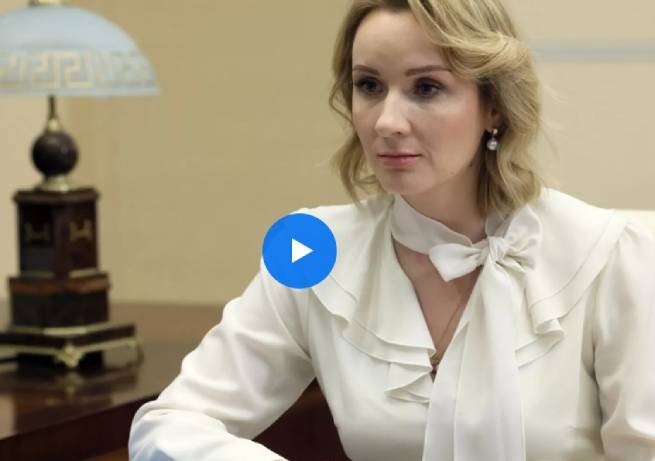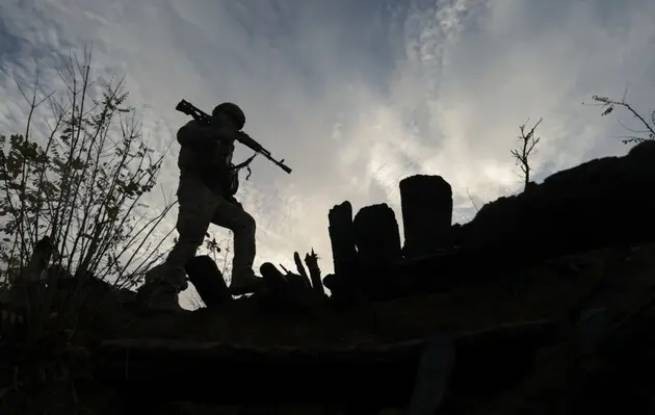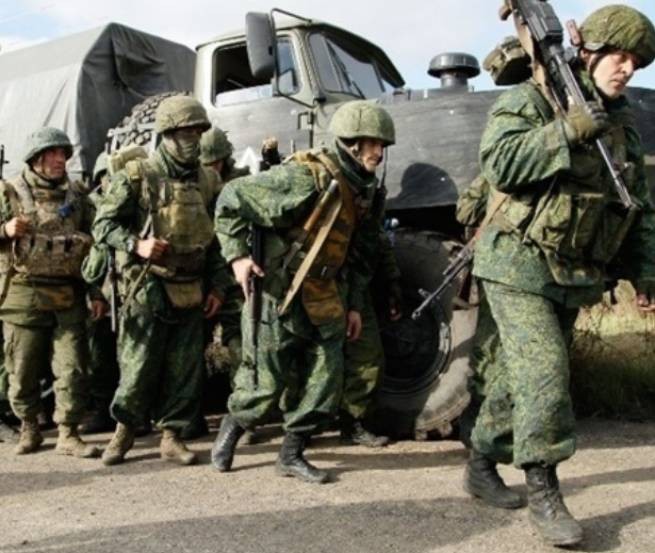Greece does not reject the prospects for the use of nuclear energy in the future, but is in no hurry to build a nuclear power plant on its territory, according to a report by the Energy Committee of the Athens Academy of Sciences, which was published by Kathimerini.
“Prospects for the use nuclear power generation”: Only the title in the proposal of the Energy Committee of the Academy of Athens can cause a reaction, since in our country it is practically impossible to discuss the possibility of using nuclear energy in the complex of public discussion of energy sources to meet energy needs.
He points out that the decision to make the proposal public at this time is based on the belief that, regardless of the final decisions on the energy balance, all alternatives should be carefully discussed, and that there should be a broad public debate about the pros and cons, while at the same time implementing preparation so that if there is a future thought of using nuclear energy, it can be done. In this context, he states that with current data, such a choice will take 15-20 years. This period may be limited if any preparations are underway, primarily related to the formation of the necessary legislative framework, which will remain inactive, but will be ready, and the training of specialized scientific personnel.
main parameters
Mr. Christoforou gives the following parameters for the discussion: no discussion of nuclear energy can be initially rejected if it is an option that has already been or is being addressed by several neighboring countries. “If we need nuclear power, instead of buying it from Bulgaria, wouldn’t it be better for us to have a modern, smaller and safer reactor?” he asks.
In a debate that is rekindled under the pressure of energy data, the Energy Committee of the Academy of Athens aims to start a broad dialogue. Mr. Cristoforou emphasizes that the initiative does not start as pressure or a proposal to switch to nuclear energy, but as an indication of the need to take preparatory steps so that if such an option becomes a one-way street, activation does not take long.
Europe’s return to nuclear power
Chrissa Liaggu
The return of nuclear energy to Europe’s energy mix is one of the many shocks caused by energy crisis.. A decade after the catastrophic Fukushima accident and the policy of withdrawing nuclear reactors from Europe, nuclear power has returned in the form of a “necessary evil” to address high electricity prices and support its energy transition goals. The Commission’s recent proposal to conditionally include, along with natural gas and nuclear energy, in the European taxonomy, calling it “green investment”, testifies to this return to nuclear energy and the already emerging socio-political and investment level in Europe, disagreements on this issue and that the fact that nuclear power currently accounts for 25% of electricity generated in Europe.
For Greece, the discussion about the inclusion of nuclear energy in the “fuel mix” for electricity generation remains “taboo”. With international opinion polls showing that Greek public opinion on nuclear power is among the most negative in the world, one can reasonably understand the difficulty of any political leadership to start any discussion about including a nuclear alternative in national energy planning. This difficulty is evidenced by Kyriakos Mitsotakis’ mention last December of cooperating with Bulgaria to conclude a long-term agreement on the supply of electricity from nuclear power, which was accompanied by assurances that there are no nuclear power plants in Greece and never will be.
The Energy Committee of the Academy of Athens, with its proposal “Prospects for the use of nuclear energy in the structure of electricity production”, breaks the “taboo” and lays the foundation for a discussion that will open in our country, answering the critical questions posed by critics (accidents, waste, etc.) and a proposal to start procedures to create an appropriate institutional and technological background so that developments in neighboring states and the country’s readiness for any future developments can be responsibly assessed. The construction time of a nuclear power plant today reaches 10 years, a period that is significantly limited by the technology of small reactors.
Safety valves
With regard to the possibility of accidents with radiation exposure, the commission notes in particular that accidents that have occurred in the past have since caused alarm both in the relevant safety services and manufacturers: “The reasons for the failure have been carefully analyzed, and by now so many precautions that it is safe to say that the nuclear fission cycle is safe today. It is worth mentioning the use of nuclear reactors on ships and submarines for many decades, without a single release of radioactivity.
With regard to the disposal of radioactive waste, she notes that highly radioactive fission products are “vitrified”, placed in containers made of non-corrosive material, such as stainless steel, and stored deep in suitable geological formations to ensure their isolation from the biosphere. Regarding the spread of nuclear weapons, she points out that the facilities are under the control of the International Atomic Energy Agency, and practice has shown that this control is effective.
Nuclear power in 2018 provided more than 10% of global electricity production, with 441 nuclear reactors in 30 countries, with a total capacity of 400 GW. In OECD member countries, its contribution was 18%, and in EU – 25%. France plans to seriously develop its huge nuclear program, the UK plans to increase its nuclear power production to 25%, Finland increases its contribution to nuclear power to 60%, and its use is steadily growing worldwide, with about 52 reactors under construction.
The reaction of scientists and organizations
Georgios Lialios
At the same time, scientists and environmental organizations characterize the debate about nuclear energy in our country as illogical. In their opinion, Greece should do everything possible to promote renewable energywith which nuclear power is incompatible. They remind us that our country at all levels opposed the construction of a nuclear power plant in Akyuyu, Turkey. Professor at the University of Athens Kostas Kartalis was called ten years ago to study the consequences for Greece of a nuclear accident at the then planned Akugu station. “Nuclear power is not what we need. I think the priority for Greece should be quadruple energy conservation: renewables, energy storage, interconnections. “If you work consistently on this, you will have no reason to get involved in the nuclear power adventure,” Mr. Kartalis said. “Moreover, it doesn’t make sense. Nuclear power needs for no reason a significant and expensive infrastructure, and a significant development time, since the same goal can be achieved faster and cheaper with the sustainable development of renewable energy sources of renewable energy. Let me remind you that all these years Greece opposed the construction of a nuclear power plant in Akugu by predicting the catastrophic consequences that the accident would have for the wider region. To be honest, I do not understand the reasoning of the Athens Academy.
“Nuclear energy has a hidden cost,” says Nikos Charalambidis, director of the Greek branch of Greenpeace. “This is by far the most expensive power generation technology when considering the cost of handling its waste and the cost of managing the unit at the end of its life. It only seems cheap if you “externalize” that cost, that is, you do something that doesn’t exist. Thus, in terms of cost, solar and wind are the cheapest solutions for energy production. At the second level, nuclear is incompatible with URRES – to be effective, they must work as decentralized systems: on rooftops, in the sea, in the mountains, so that you have stability in production. On the contrary, nuclear power plants are based on central units that must operate continuously, they do not “turn off” when there is an excess of energy. Therefore, they cannot function in a complementary way.”
In addition, the possibility of a catastrophic nuclear accident remains. “There is no safe nuclear block,” Charalambidis says. “Chernobyl proved it in the past, and Fukushima recently. Let me remind you that a tsunami hit the ultramodern Fukushima nuclear power plant. At the same time, it can no longer work, but it cannot turn off either, Japan must constantly cool it by pouring radioactive water into the Pacific Ocean, which can now be traced all the way to California. Let’s also consider the possibility of a terrorist attack. In other words, we have no reason to want to get involved in this story. I understand that there is a circle of people who see all this as an opportunity for business, but I do not understand the rocking of the issue by the Athens Academy. If her intent is only to follow developments, it’s legal. However, it seems to be turning a blind eye to nuclear energy, which has nothing to do with either the energy needs of the country or the reality of the planet. That’s why the academy’s intervention seems to have happened yesterday.”






More Stories
Turkish tourists choose Samos for their holidays
Food: Testing for Pesticides
Highway E65: how long does the Athens-Kalambaka journey take, toll